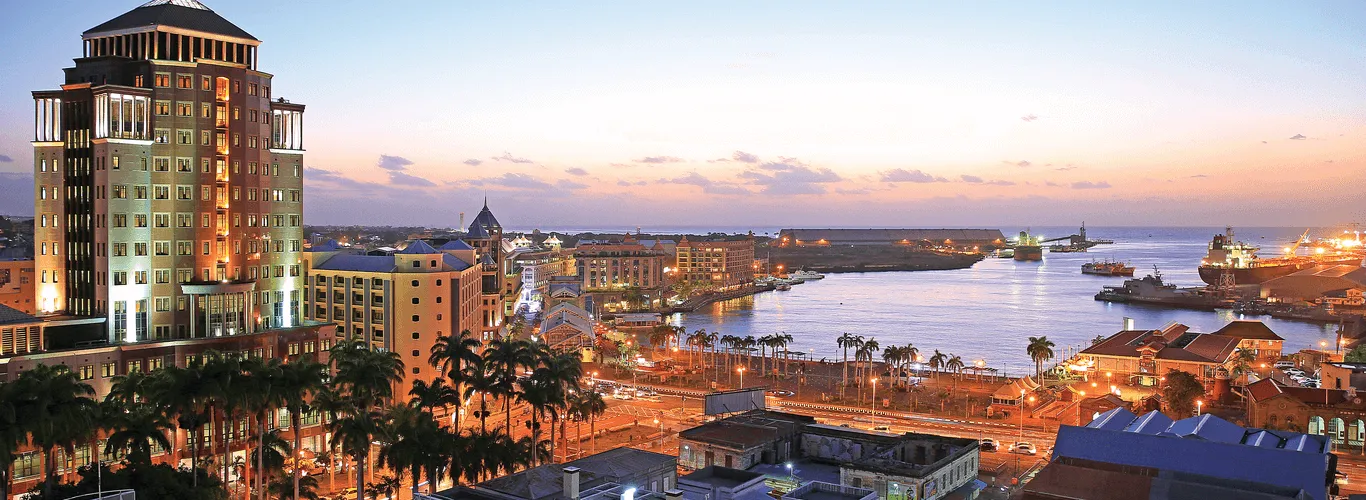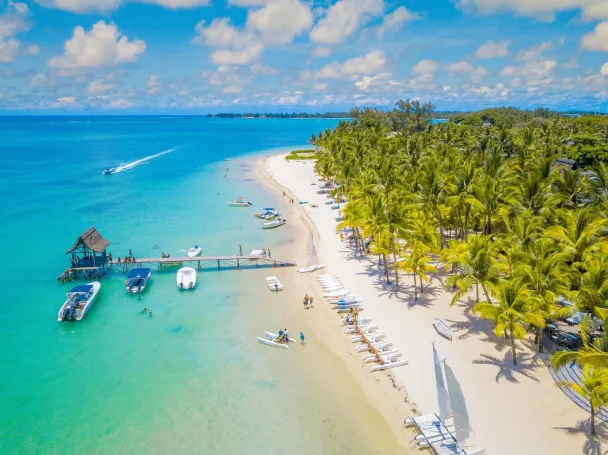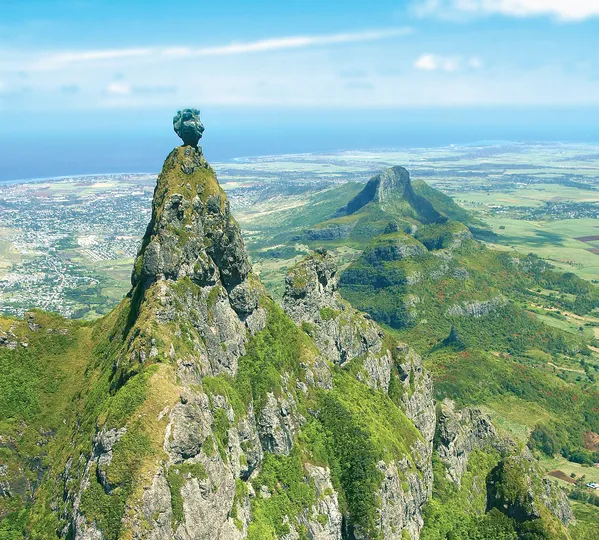Mauritius targets high-income status and is now one of the top six countries recommended to people looking for a change of scenery.
With real GDP growth of around 3.8%, the Mauritian economy continues to grow at a high rate compared with the rest of the world. It is one of the best-performing economies in Africa.
STRENGTHS OF THE MAURITIAN ECONOMY
- A diversified and innovative economic fabric.
- A double taxation treaty signed with over 35 countries.
- A legislative framework and a judicial system backed by international commitments.
- Income tax, corporation tax and VAT set at a uniform rate of 15%.
- Tax-free dividends and capital gains.
- Foreign tax credit of 80% applicable to the financial services sector.
- A reliable and secure investment platform.
- Political stability since independence in 1968.
Mauritius tops Africa rankings on major indices
- World Bank Doing Business Survey 2017.
- Index of Economic Freedom 2016 (Heritage Foundation).
- Economic Freedom Index 2016 (Fraser Institute).
- Global Innovation Index 2016.
- World Economic Forum - Global Competitiveness Report 2016-2017.
- Mo Ibrahim Index - Good Governance in Africa 2016.
- Social Progress Report 2016.
Mauritius, a choice destination for setting up a business
- The Companies Act offers a modern and simple legal framework.
- Fast procedure and low costs.
- Several types of company possible: Local or Global Business (GBC1 or GBC2), (INTEGRATED RESORT SCHEME).
- 100% foreign shareholding permitted.
- No minimum share capital required.
- No foreign exchange controls.
MAURITIUS IN FIGURES

A world-renowned economic transformation
Mauritius, island of 2,000 km² located in the middle of the Indian Ocean, belongs to the Mascareignes archipelago like Reunion and Rodrigues. Formerly a French colony (Isle de France), then an English one, it gained independence on March 12, 1968, while retaining and enhancing its dual culture.
As a result, Mauritius has achieved a remarkable economic performance, moving from an exclusive agricultural monoculture of sugarcane to a strong, diversified economy.
Its development model is based on the key fundamentals of economic democratization, inclusive growth, human capital development and social mobility.


